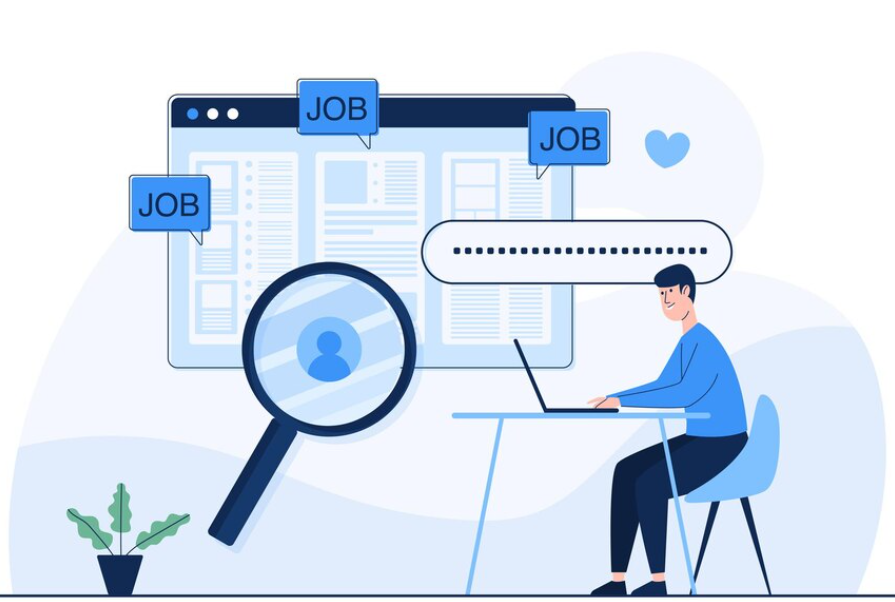In the dynamic and often unpredictable world of job hunting, efficiency is key. As a job seeker, it’s important to streamline your search to not only save time but also to focus your efforts on opportunities that align best with your career goals. Here are ten essential tips to help you make your job hunt more efficient and effective.
1. Clarify Your Career Goals
Start with a clear understanding of what you want. Are you looking for a step up in your current field, a career change, or perhaps a more flexible work environment? Defining your goals helps narrow down your search to relevant opportunities.
2. Fine-Tune Your Resume
Your resume should be a living document that evolves as your experience grows. Tailor it for each application, highlighting the skills and experiences most relevant to the job. Remember, a well-crafted resume can significantly increase your chances of getting noticed.
3. Leverage Technology
Use job search engines and set up alerts for the types of roles you’re seeking. Platforms like LinkedIn, Indeed, and Glassdoor can streamline the process by sending you job listings that match your criteria.
4. Build and Utilize Your Network
Networking remains one of the most effective job search strategies. Attend industry events, engage in online forums, and reach out to contacts in your field. Sometimes, it’s about who you know as much as what you know.
5. Organize Your Search
Keep track of the jobs you apply to and the responses you receive. Use a spreadsheet or a job search management tool to monitor application dates, follow-up actions, and any notes or interactions with employers.
6. Prepare for Interviews Diligently
Research the company, rehearse your answers to common interview questions, and prepare a few thoughtful questions of your own. Effective preparation can make a significant difference in your performance in interviews.
7. Embrace Social Media
Ensure your social media profiles, especially LinkedIn, are up-to-date and reflect your professional image. Many recruiters use social media for candidate searching and vetting.
8. Focus on Quality Over Quantity
While it’s tempting to apply for as many jobs as possible, a more targeted approach is often more effective. Apply for jobs that truly fit your skills and career aspirations. Customizing applications may take more time but can yield better results.
9. Seek Feedback and Learn
If you receive a rejection, don’t hesitate to ask for feedback. This can provide valuable insights into areas for improvement, whether it’s your resume, interview skills, or certain qualifications.
10. Stay Positive and Persistent
Job searching can be a marathon, not a sprint. It’s important to stay positive, take care of your mental health, and keep pushing forward. Persistence often pays off in the job hunt.
Conclusion
Remember, job searching is a skill in itself. By streamlining your approach and utilizing these tips, you can make your job hunt more manageable and more likely to end in success. Happy hunting!





